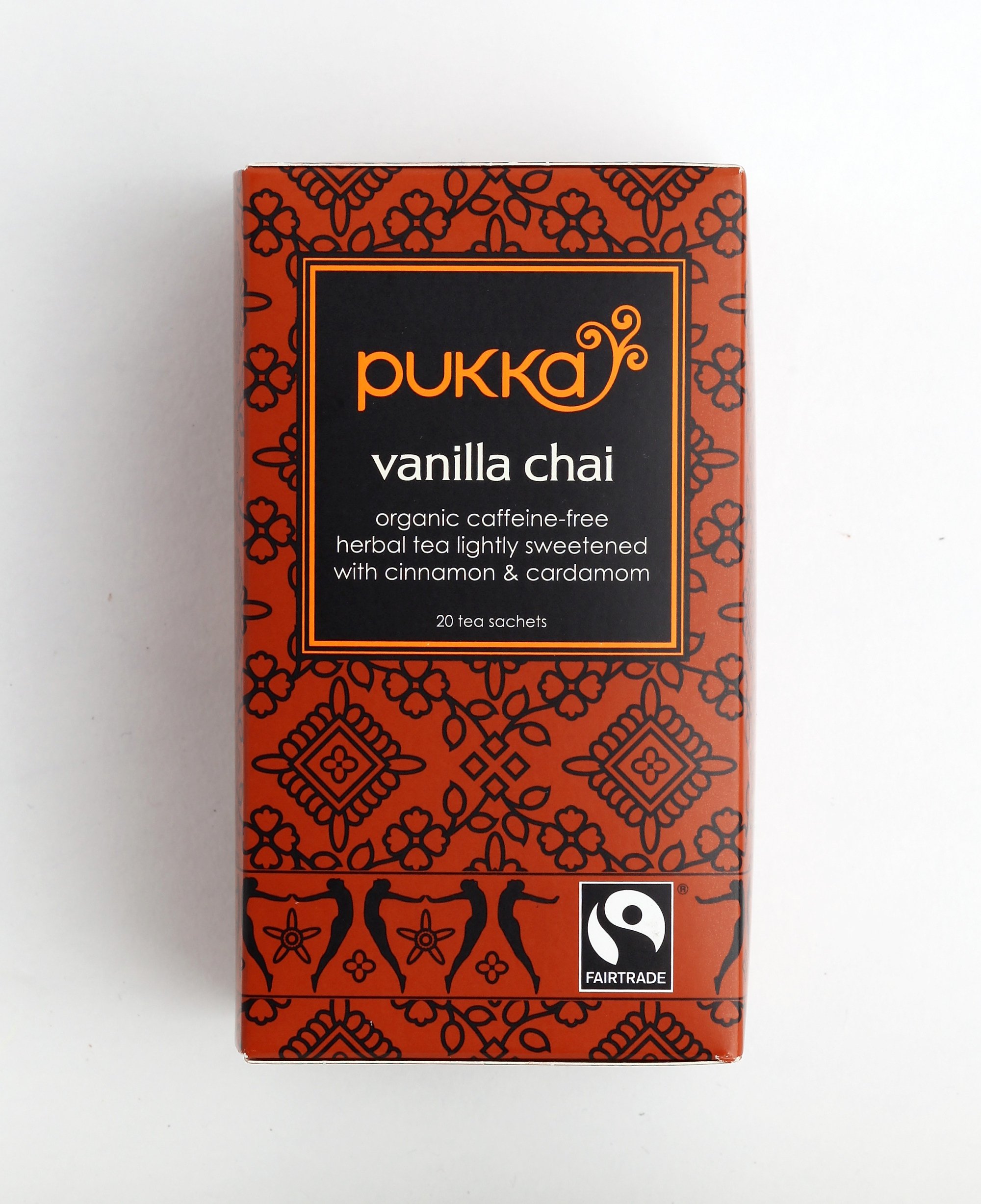
Pukka, favourite catchphrase of celebrity TV chef Jamie Oliver, entered the English lexicon via the British Raj
- TV chef Jamie Oliver popularised the usage of pukka, English slang for something that is top quality, superb, excellent or cool
- It’s a word that’s evolved a lot from its roots in Punjabi, Hindi and Urdu, where its meaning is ‘cooked, ripe, mature’ and ‘thorough, substantial, permanent’
There are Pukka teas and Pukka herbs and Pukka Pies. Pukka was (for a period) a favourite catchphrase of British celebrity TV chef Jamie Oliver.
In contemporary British English slang – especially in London – pukka (pronounced “PUCK-uh”) has been used since the 1990s to signify that something is top quality, excellent, superb, cool. But for those old enough to recall, the word evokes the British Raj.
It originates in pakkā from Punjabi, Hindi and Urdu, meaning “cooked, ripe, mature”, as well as “thorough, substantial, permanent”, derived from Sanskrit pakva-, meaning “cooked, ripe, fully developed”.
During the centuries of British rule in India the word entered Anglo-Indian English, along with its opposite term kutcha or cutcha, from Hindi kačča, meaning “raw or crude, unripe or uncooked”.
How the words ‘monsoon’ and ‘trade wind’ blew into the English language
In South Asian contexts, one usage, now rare, involved weights or measures to mean “good, the largest possible, or in full measure”. A “List of Goods” in William Foster’s The English Factories in India, 1618-1621, notes that “99 camells ladinge are pucka … 70 camells are cutcha”.
Another South Asian use is in reference to permanent, solidly built buildings or other constructions, or to high-quality building materials. Pucca/pukka housing comprises dwellings built of stone, brick, timber, mortar or concrete, as opposed to kutcha housing, which is of more flimsy mud construction.

Pukka is perhaps best known for meaning “certain, reliable, genuine, bona fide, correct”. More generally, it denotes something that is not sham but real, information that is factually correct, persons who are authentic, or behaviour that is socially acceptable.
The first documented use of this meaning in print was in 1776, in transcripts of a forgery trial in a British court in Bengal, which recorded the accused “said it was necessary to witness it to make it pukka”.
E.M. Forster’s novel A Passage to India (1924) not only uses the word, but also conveys the social mores involved: “Mrs. Turton remarked that Mr. Fielding wasn’t pukka, and had better marry Miss Quested, for she wasn’t pukka”.

In the early 20th century, the expression “pukka sahib” – sahib being an Anglo-Indian word for a European of some social or official status – was usually a genuine compliment for a person of good family, ability or credentials, though it could also imply one who was pretentious or overbearing.
Might there be a revival of the word? That would be pukka!

